Herbs and spices don’t just enhance the flavour of your meals; they also offer impressive health benefits. Packed with antioxidants, anti-inflammatory compounds, and natural bioactives, these kitchen staples can support everything from heart health and digestion to brain function and immunity. While many have been used in traditional medicine for centuries, modern science is now confirming their powerful healing potential. Whether you’re sprinkling cinnamon on oats or stirring turmeric into curry, small amounts of these ingredients can go a long way. Here’s a look at 14 of the healthiest spices and herbs worth adding to your diet.
Herbs and spices with benefits: 14 of the healthiest you should eat often
Black Peppercorns
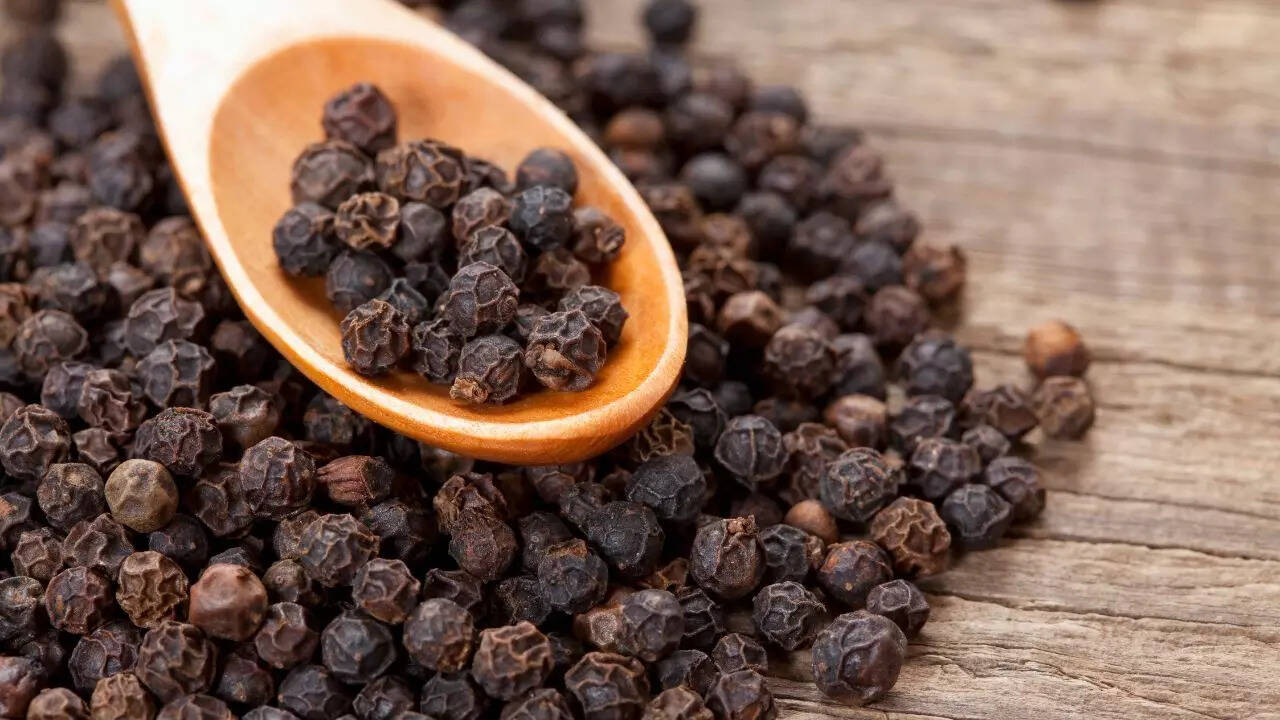
Black pepper contains piperine, the compound responsible for its sharp flavour, and its potential anti-cancer properties. Lab studies suggest piperine may help trigger apoptosis, a natural process that prompts damaged cells to self-destruct, potentially lowering the risk of certain cancers such as breast, prostate, lung, and ovarian. While human trials are still needed, the early findings are promising.
Cardamom
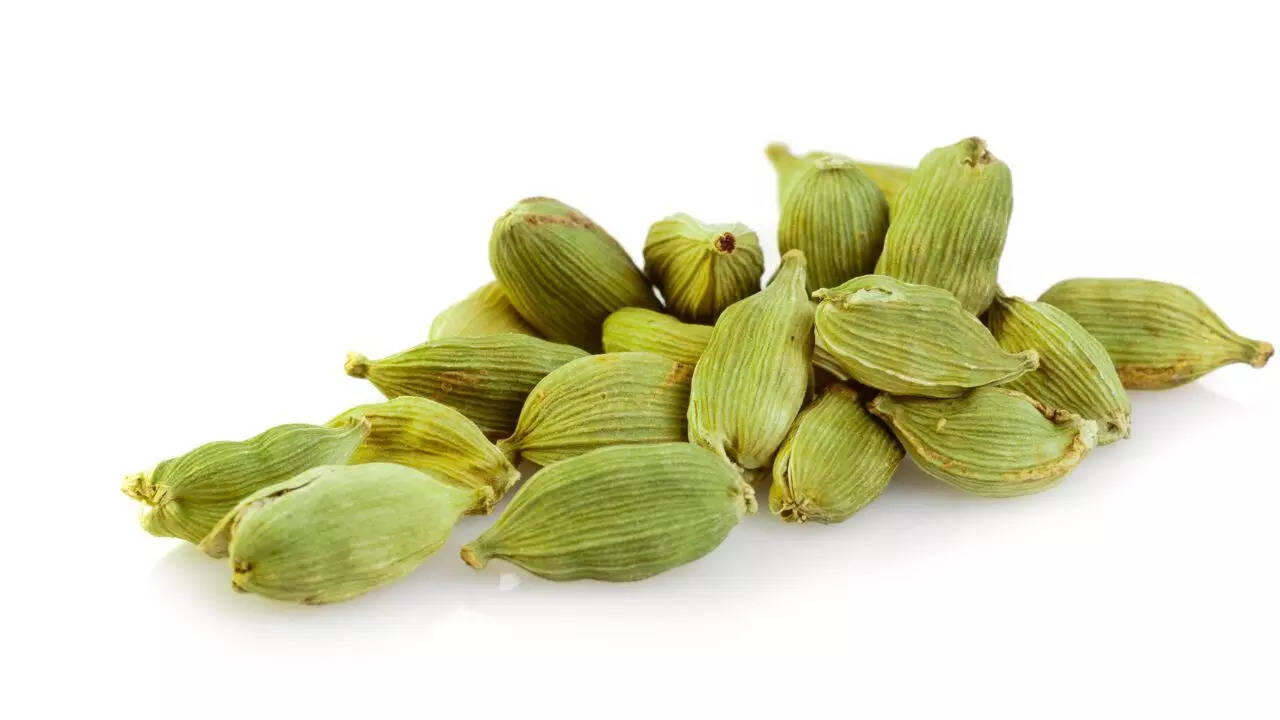
Used in Indian and Middle Eastern dishes, cardamom is rich in antioxidants that may support cardiovascular health. Some studies show it can help reduce blood pressure in people with metabolic syndrome and hypertension. Its benefits may also extend to digestion and blood sugar regulation, though further research is needed to establish clear effects.
Cayenne Pepper
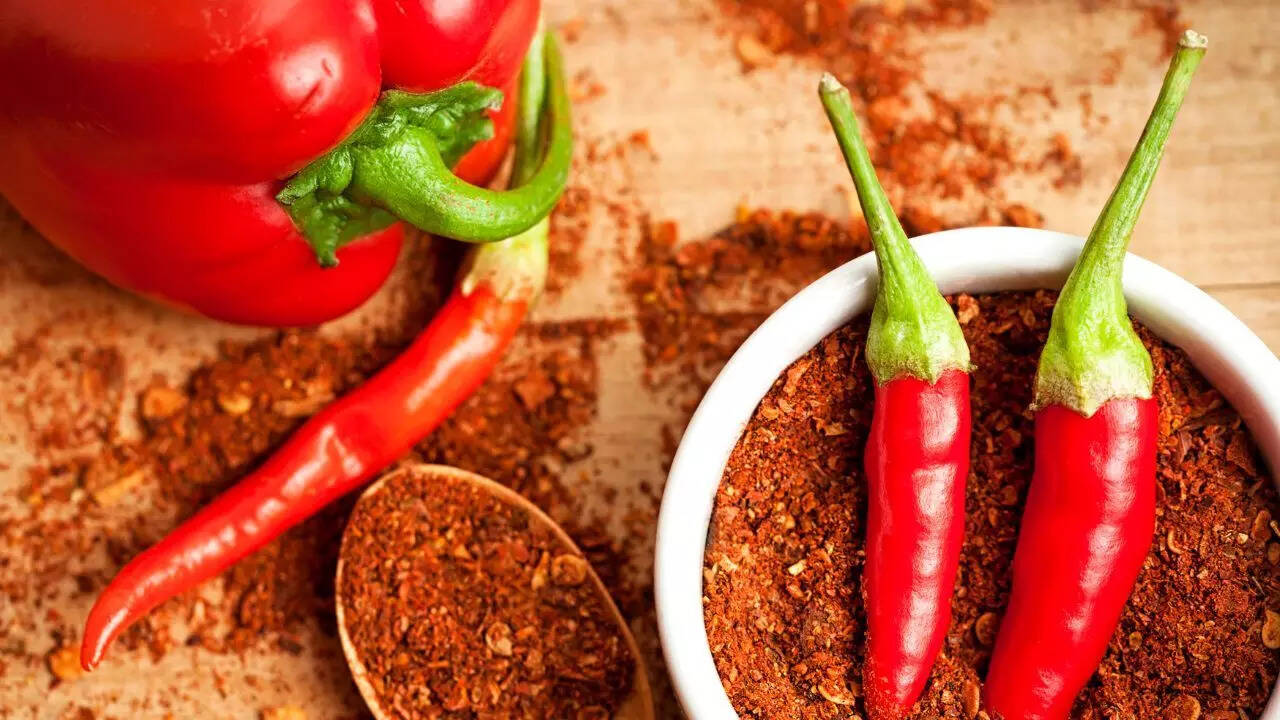
Cayenne owes its heat to capsaicin, a plant compound that activates fat metabolism, potentially supporting weight management and heart health. Research suggests regular consumption of spicy foods may even be linked to a lower overall risk of death. Capsaicin may also help prevent blood clots, although people with acid reflux should use cayenne with caution.
Cinnamon

Cinnamon is a naturally sweet spice that can help reduce the need for added sugar in your diet. It’s been shown to lower fasting blood sugar and insulin resistance in people with type 2 diabetes. Additionally, consuming cinnamon daily may help reduce blood pressure over time by relaxing blood vessels and improving circulation.
Cloves
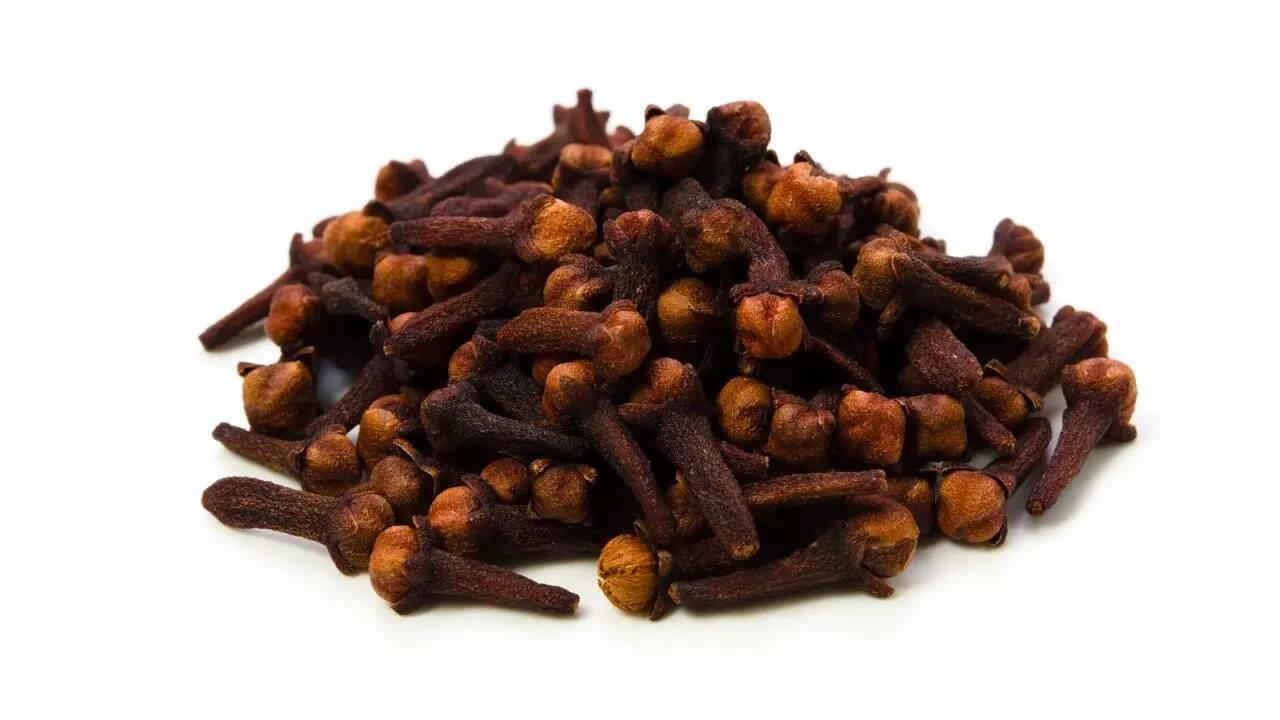
With their warm, aromatic profile, cloves are often used in both sweet and savoury recipes. They’re a source of eugenol, a powerful antioxidant that may reduce oxidative stress and inflammation in the body. Traditional medicine has long used cloves to help relieve pain and support joint health, and modern lab studies support these claims.
Coriander
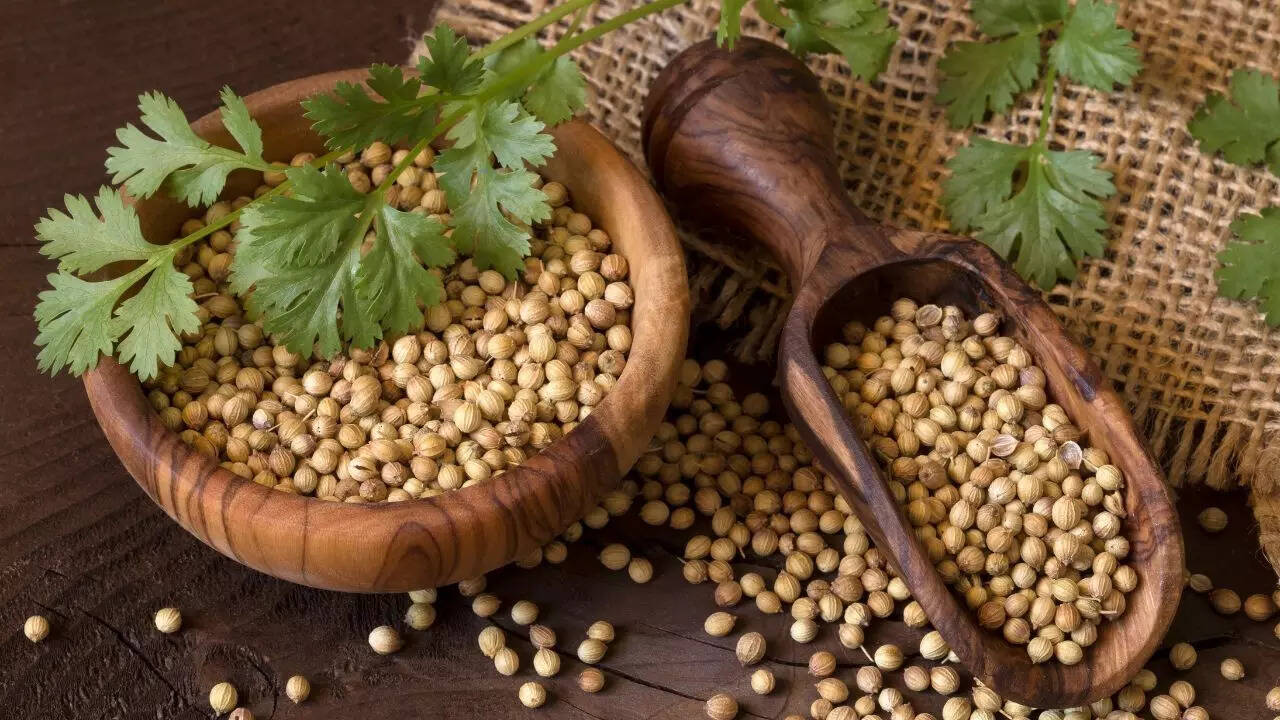
Coriander seeds, often found in curries and stews, contain compounds like linalool and geranyl acetate. These have shown potential in protecting brain function and may reduce the risk of cognitive decline and conditions like Alzheimer’s disease, although more human-based research is needed.
Garlic
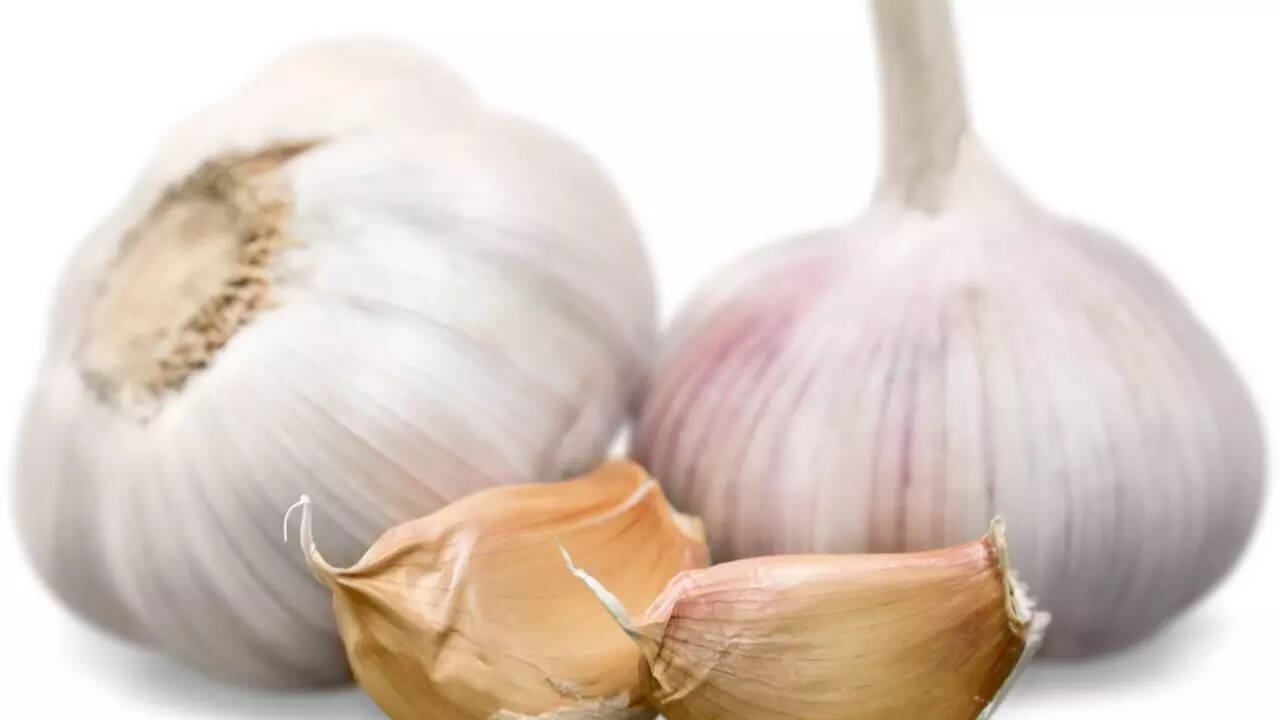
Famous for both its culinary and medicinal properties, garlic has been shown to lower high blood pressure thanks to its sulphur-containing compounds. Some studies report effects comparable to low-dose medications. Garlic may also offer mild protection against infections like influenza by supporting immune function.
Ginger
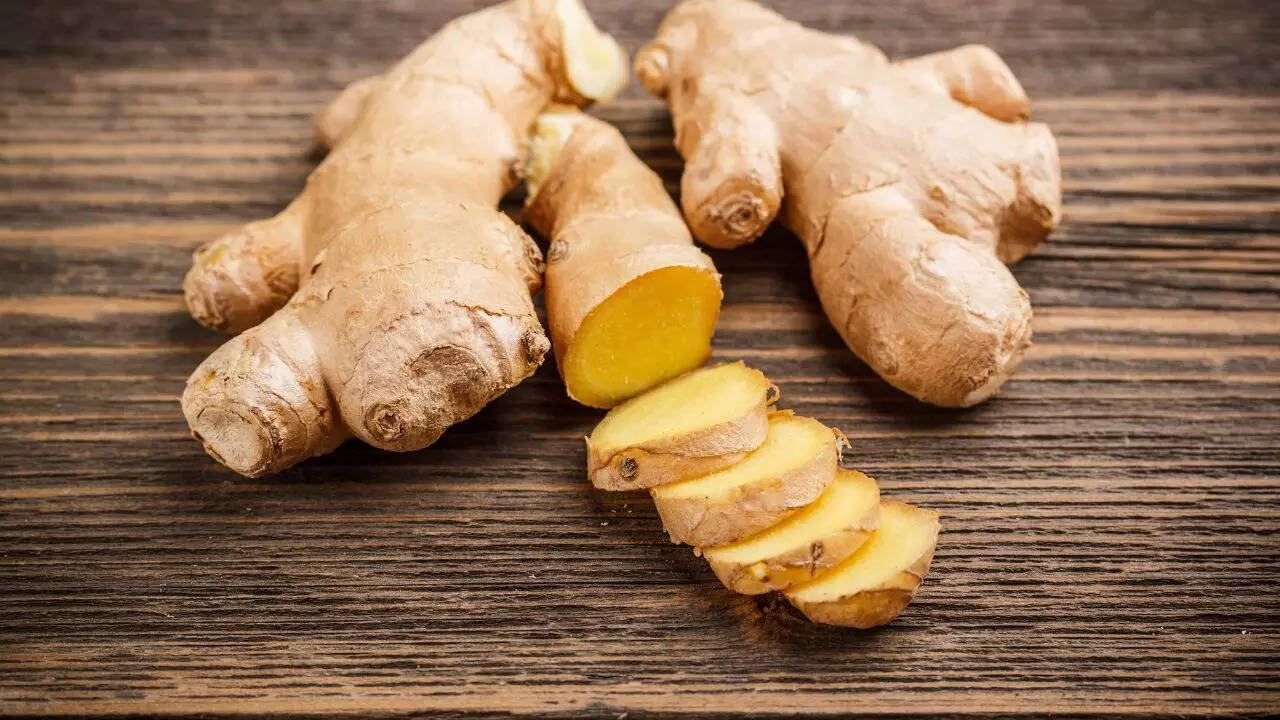
Ginger is well known for its ability to ease nausea, including morning sickness and motion sickness. It contains gingerols and shogaols—anti-inflammatory compounds that work similarly to ibuprofen in relieving pain. Ginger may also help reduce migraine symptoms, menstrual cramps, and arthritis-related discomfort.
Oregano
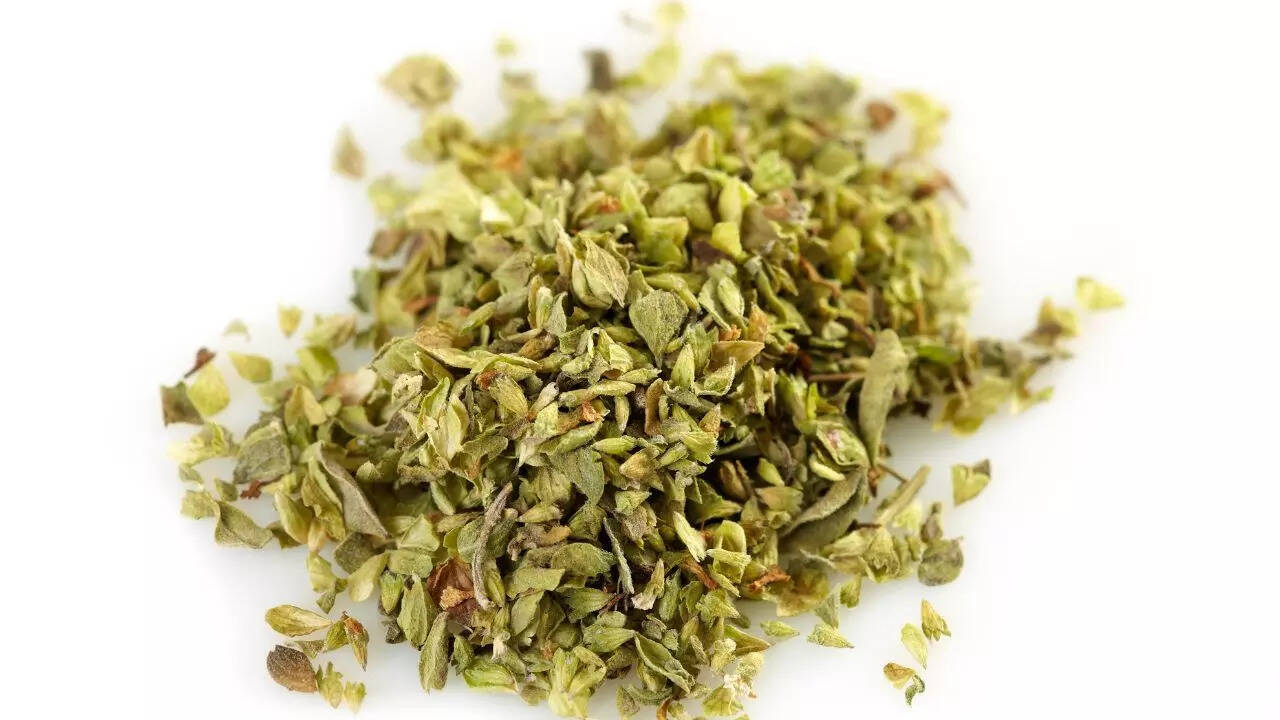
This fragrant herb is packed with antioxidants like carvacrol and thymol, both known for their antibacterial and antifungal effects. Oregano may help fight off infections, reduce inflammation, and even support heart health. Some research also suggests it could have anti-cancer properties, though more evidence is needed.
Paprika
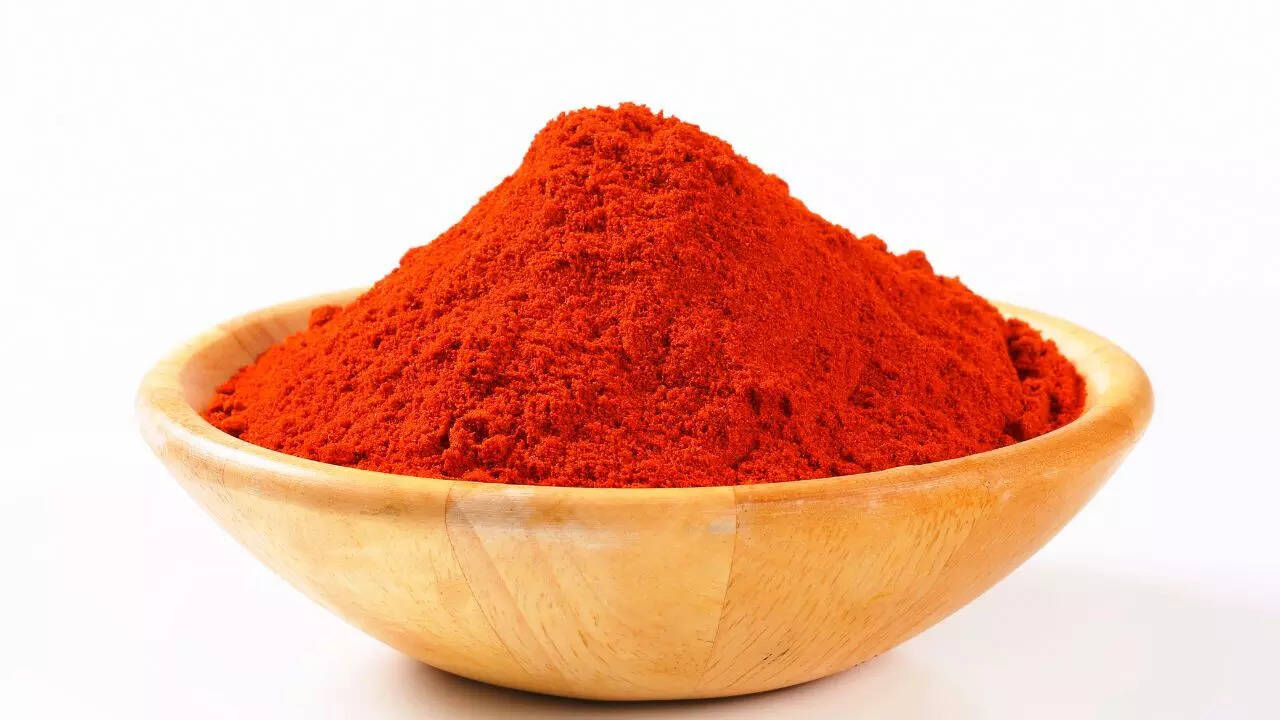
Paprika gets its vibrant red colour from carotenoids and also contains capsaicin, which has been shown to reduce inflammation and relieve pain. This spice may help soothe discomfort by interfering with pain signals sent to the brain and is often used in topical treatments for its analgesic effects.
Peppermint
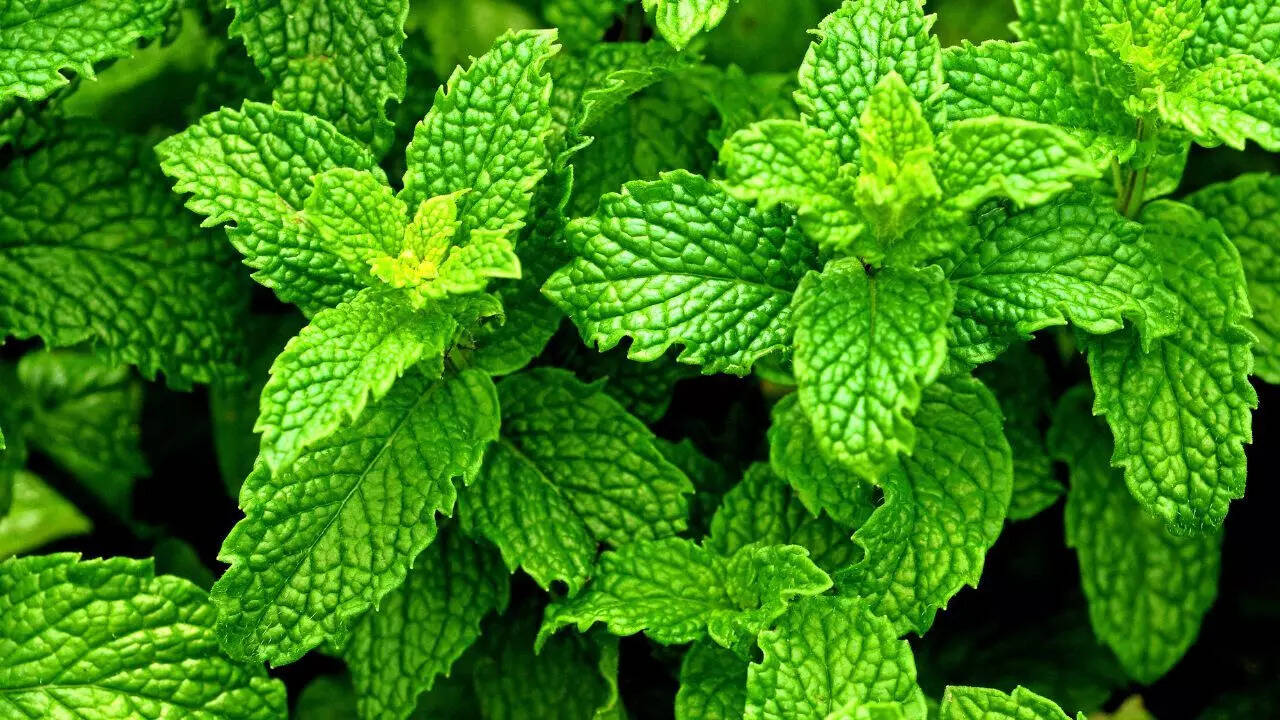
Peppermint tea isn’t just refreshing; it can also ease digestive discomfort. Research suggests that peppermint oil helps relax muscles in the gastrointestinal tract, making it particularly helpful for people with irritable bowel syndrome (IBS). Its scent may also enhance mood, reduce nausea, and sharpen focus.
Rosemary
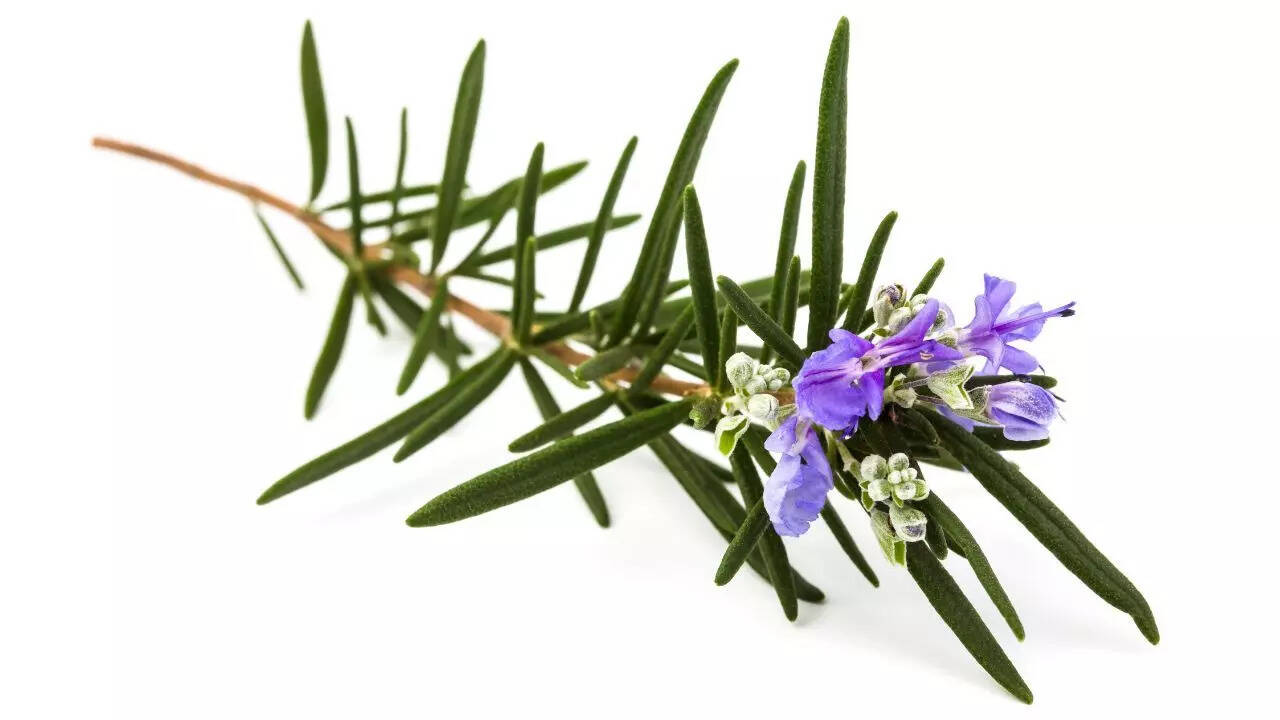
A member of the mint family, rosemary is often used to flavour roasted vegetables and meats. Its aroma has been shown to boost alertness, concentration, and mood. In one study, nurses exposed to rosemary oil during long shifts reported feeling more awake and less fatigued.
Turmeric
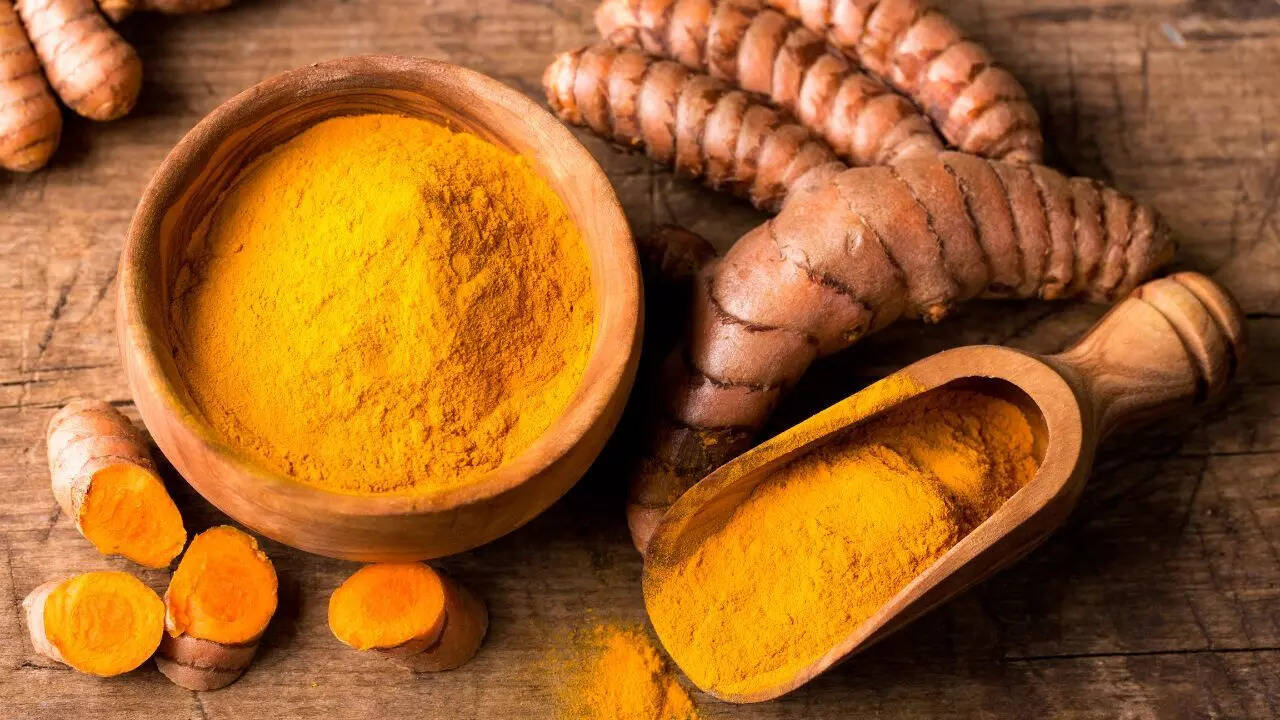
Turmeric’s golden colour comes from curcumin, a powerful anti-inflammatory compound. It’s been studied for its potential in managing arthritis, type 2 diabetes, and other inflammatory conditions. Though curcumin has low bioavailability on its own, combining it with black pepper can significantly enhance its absorption.
Za’atar
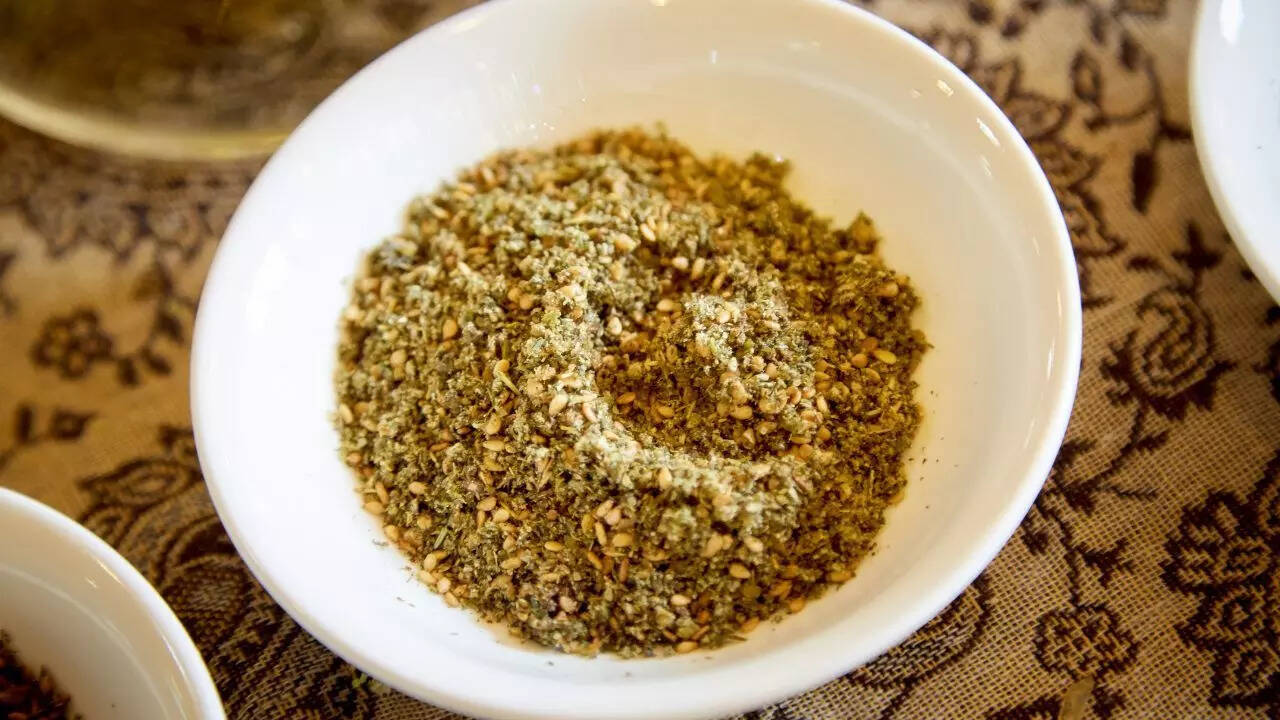
Za’atar is a Middle Eastern spice blend made from oregano, thyme, sesame seeds, and sumac. It’s rich in polyphenols, which may help balance gut bacteria by encouraging beneficial strains and reducing harmful ones. Za’atar also shows promise in supporting liver health and reducing inflammation.From antioxidant support to improved digestion and heart health, herbs and spices are some of the most accessible tools for enhancing both flavour and wellness. While more research is needed in some areas, adding a variety of these ingredients to your meals is a safe and delicious way to support your health naturally. As always, consult a healthcare provider if you’re taking medications or planning to start any herbal supplements.Also Read: Eat these 8 foods for healthier hair, skin, and nails


